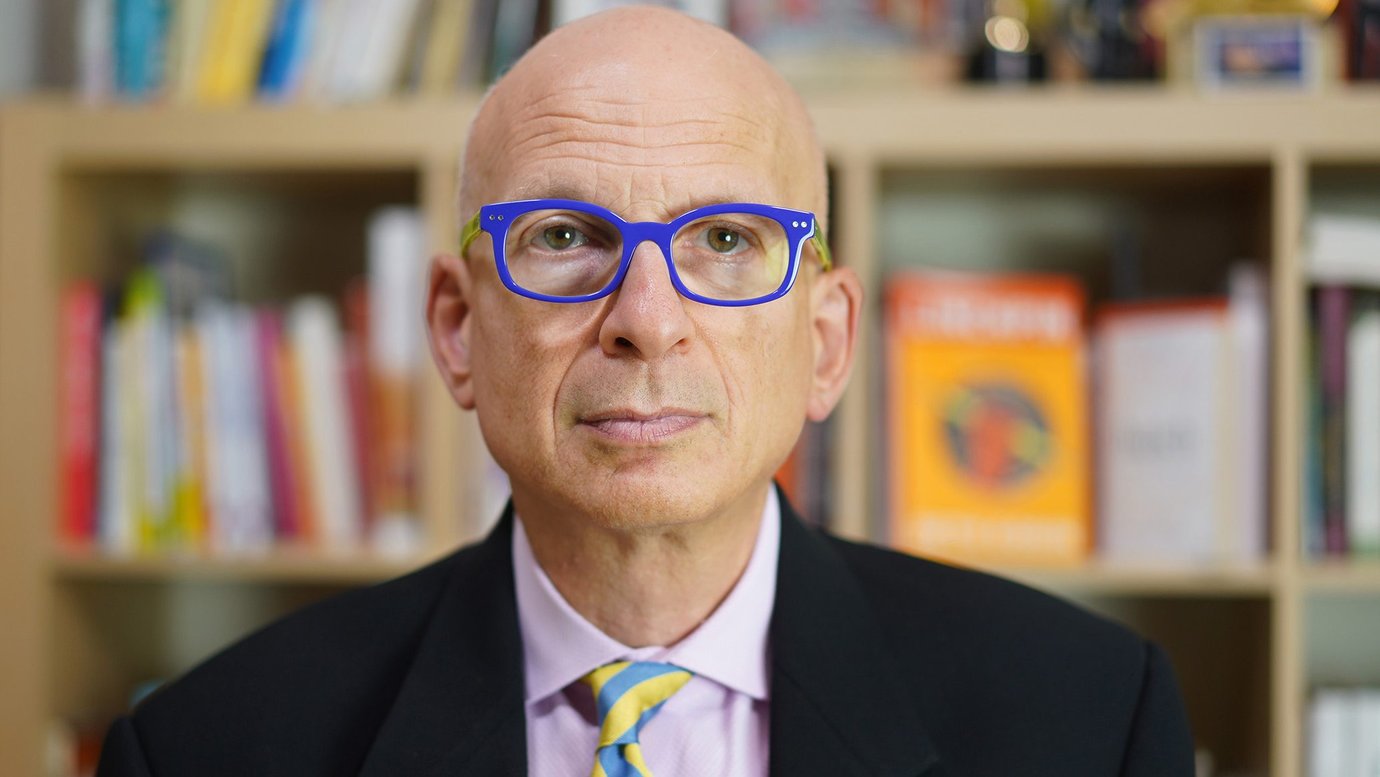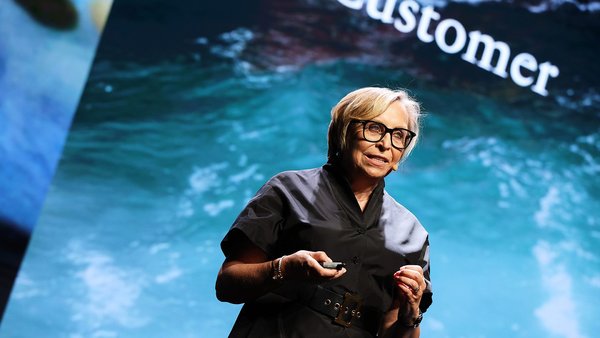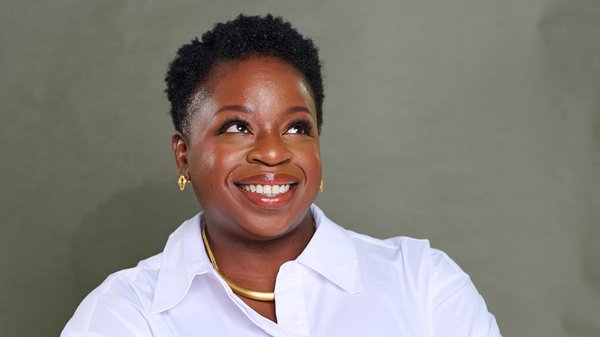‘If you’re not talking about your strategy, your strategy isn’t a strategy’ /
Author Seth Godin debunks strategy myths and explains the fine art of embracing risk

Marketers are under pressure. The rigours of the day job keep many in the moment with limited bandwidth to step away, think, and then develop a long-term strategy for growth. Research by the Harvard Business Review showed that CMOs spend 68.5% of their time ‘managing the present’ and just 31.5% ‘preparing for the future’.
Connecting marketing strategy to business strategy is also tricky. ‘This is either because of a lack of clarity in either business strategy itself, the marketing role within it, or some combination of the two’, according to the 2023 Warc/Cannes Lions Marketing Challenges report.
Fear not, marketing expert Seth Godin is on hand to join the dots. After publication of his new book This is Strategy, a follow-up to 2018’s This is Marketing, he talked to Contagious about the importance of strategy and how to embrace risk – and below is an excerpt from the interview. The full version is available to subscribers of our IQ platform here.
How do you define strategy?
Strategy is a philosophy of becoming. It acknowledges that tomorrow is going to be different to today and that there’s work we can do today to create the conditions for tomorrow. We rarely talk about it because we don’t understand it, because we’re afraid.
What are the biggest misconceptions about strategy?
I’d say that the biggest misconception is about marketing. Marketing isn’t advertising, it used to be but it’s not anymore. Marketing is what we make, how we make it, how we talk about it and who we make it for. If you begin with that then strategies are a collection of the hard choices we get to make about who it’s for and what it’s for. When we pick our customers we pick our future but most of the marketers I know steadfastly refuse to pick their customers, and they’re too worried about defending yesterday as opposed to inventing tomorrow.
A strategy simply says, ‘who do I want to help the people I’m serving become?’ And a marketer who’s good can answer that question, a marketer who’s just doing advertising says, ‘when’s the next photoshoot on Miami Beach?’
You write that there’s an inherent risk with a strategy that it might fail. What tips can you offer to marketers to embrace risk when developing a strategy?
One of the things I learnt helping out at a summer camp is that there’s a difference between risk and apparent risk. It is risky to climb a rock at Yosemite without ropes. It is apparently risky to give a TED Talk but nothing bad has ever happened to somebody who gave a TED Talk.
Marketers avoid apparent risk all the time. They layer, they hire agencies, they find deniability, they over plan, they put together decks, because they’re worried about the feeling of risk. But actual risk is pretty rare in marketing. What I am encouraging people to do is to lean into apparent risk and do things that feel risky that aren’t.
If you are going to take actual risks, that doesn’t mean you should be reckless. One of the giant fails recently in marketing was the whole Jaguar debacle. Hiring a seven-year-old to make your logo and using some Hot Wheels cars to redesign your car – that’s not taking risks, that’s foolhardy. It’s throwing away your biggest asset and that’s not what I’m encouraging people to do. I’m encouraging them to do the opposite. To be thoughtful, rigorous, about the risks they’re taking, and to be able to explain themselves other than ‘I felt like it’. I felt like it is not a good reason to do something.
How can a strategy help with planning for the future? What tips can you offer to marketers here?
Resilience is key. You didn’t need to be resilient in 1966, you just needed to run more ads. If you ran more TV ads it didn’t matter what you made because you would be OK. That’s not the case now. What is the case is that over-leverage is going to get you in trouble because if you bet everything on the world staying the same, you’ll probably be wrong.
What are the steps that you wish marketers would take regarding strategy?
There are two. The first is simple: you’ve got to talk about it, and if you can’t talk about it with your employees go and find somebody else who has the same job as you at another company and talk about it with them. If you’re not talking about your strategy, your strategy isn’t a strategy.
The second is that the public is perhaps giving the final warning to marketers. Which is to stop being selfish, narcissistic, hustling, short-term-thinking purveyors of junk because someone’s going to outdo you at that. Instead, race to the top. This is the best moment ever to do that. To do work you’re proud of for people you care about and ignore everybody else.
Want more of the same? /
We don’t just write about best-in-class campaigns, interviews and trends. Our Members also receive access to briefings, online training, webinars, live events and much more.







